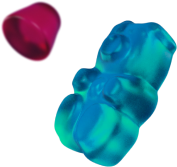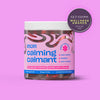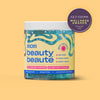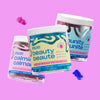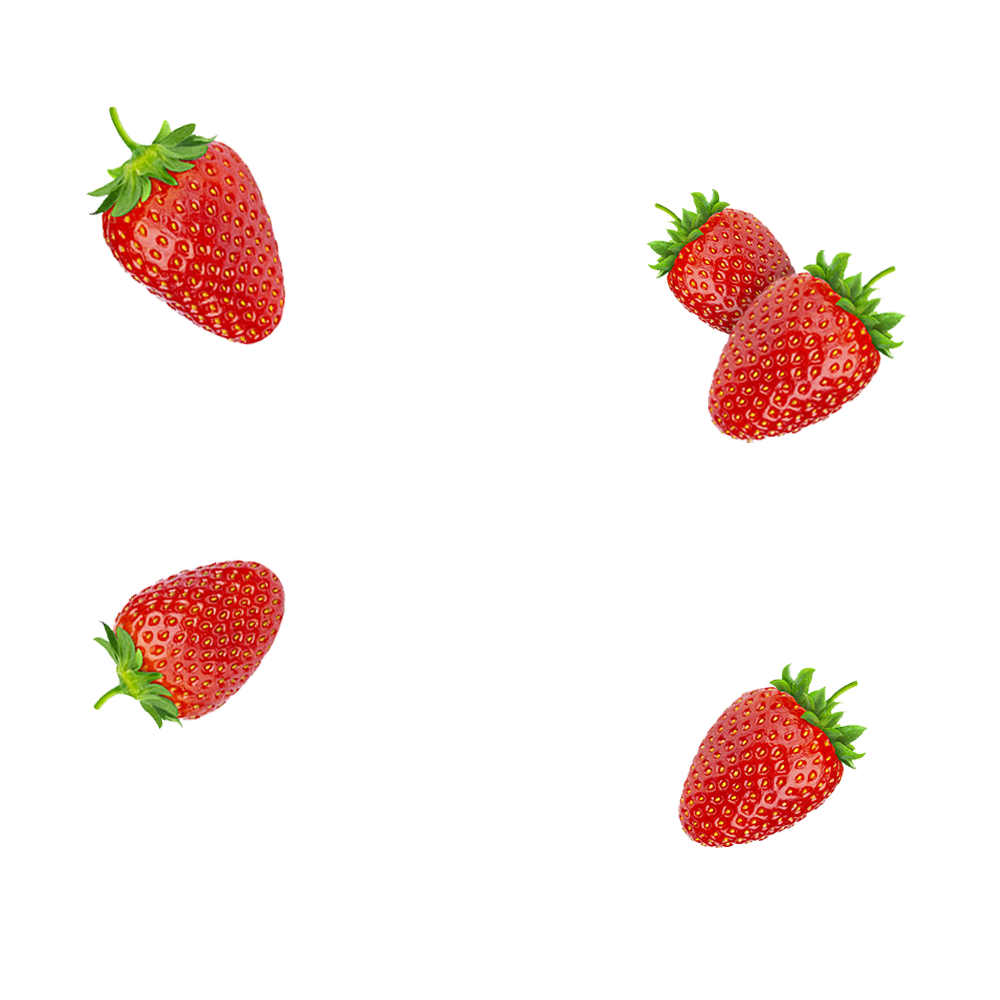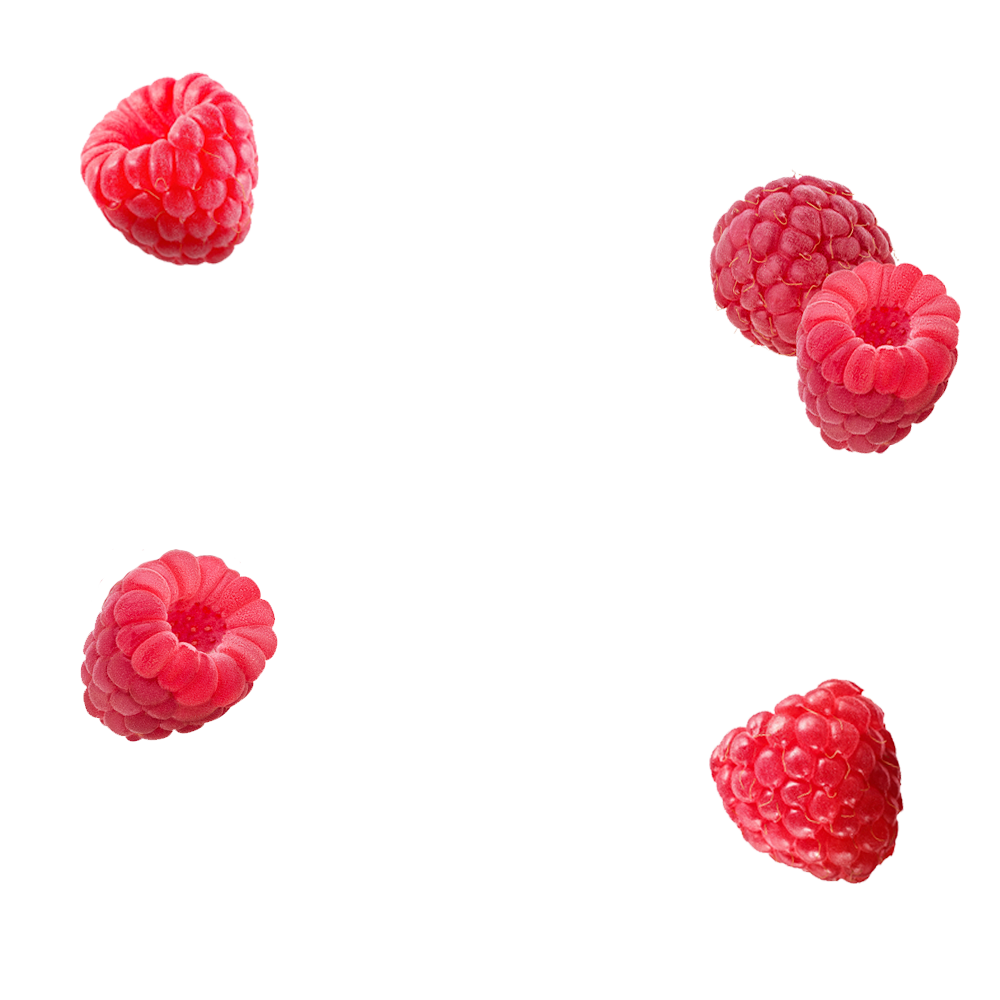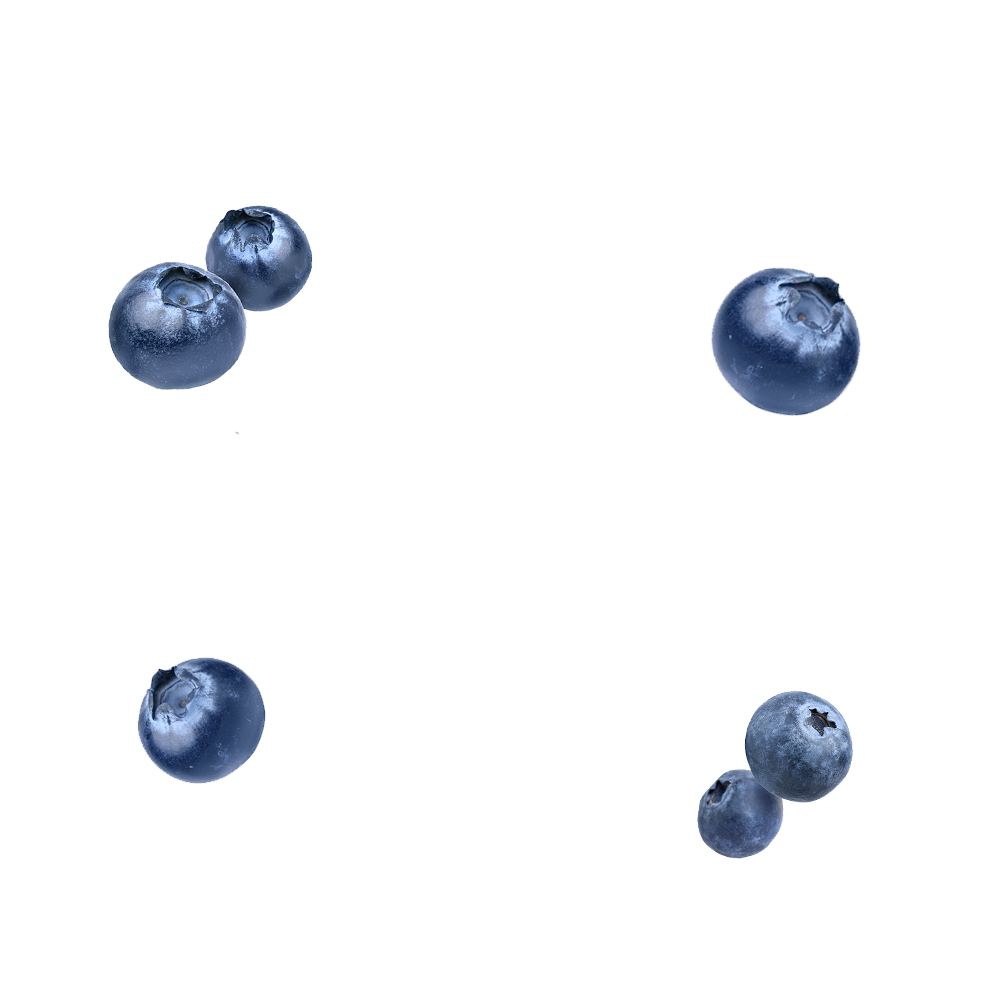How to Deal with Seasonal Hair Loss

Various factors influence the amount of hair we shed daily, including seasonal changes. Similar to how seasonal allergies arise, seasonal hair loss occurs when temperature shifts stress the scalp and hair follicles, accelerating the shedding process. On average, we naturally lose 80 to 100 strands of hair per day, which is considered healthy as it reflects the cycle of growth, transition, and rest that our hair undergoes.
Several factors can affect this process, but here are some key ones and tips to address them:
Stress: Stress can disrupt the natural hair growth cycle, causing more hairs to enter the shedding phase prematurely.
Diet and Nutrition: Nutrients like iron, vitamin B, vitamin D, and unsaturated fatty acids are essential for hair health. Consider supplements and a diverse diet to ensure you're getting these nutrients regularly.
Hormonal Fluctuations: Changes in sunlight exposure during autumn and winter can affect hormone production, potentially impacting the hair growth cycle.
To mitigate hair loss, consider the following tips:
Limit Heat Styling: Heating tools can strip hair of its natural oils, leading to breakage. Minimize their use and always apply a heat protectant when styling with heat to reduce damage.
Take Supplements: Elevate your beauty game with Nuchu’s beauty gummy enriched with Biotin, Vitamin C, and Vitamin E, providing essential nutrients to limit hair loss and stimulate growth.
Stay Hydrated: Drinking enough water nourishes hair follicles, preventing dryness and brittleness, thus reducing the risk of breakage.
By addressing these factors and implementing these tips, you can help slow down hair loss and maintain healthy, vibrant hair throughout the seasons.
Understanding the Biotics
As probiotics have gained widespread popularity in the realm of gut health, terms like prebiotics, synbiotics, and postbiotics have emerged sequentially. Deepening our understanding of the microbiome enables us to comprehend the intricate ecosystem residing within us and its pivotal role in our overall health and wellness.
Let's dive into a brief overview of each of these terms to help you distinguish them:
Probiotics - These are living bacteria beneficial to our health, which can be ingested through food or supplements. While the body naturally harbours some of these beneficial microorganisms, supplementing with high-quality probiotics ensures an adequate population to interact with the intestinal flora, thereby supporting digestive and immune functions, among others.
Prebiotics - Unlike probiotics, prebiotics are not bacteria but primarily non-digestible dietary fibres that serve as nourishment for the live bacteria in our gut. Prebiotics promote the growth and activity of probiotics, fostering a healthy gut environment. For instance, the Fructooligosaccharides present in Nuchu gummies function as prebiotics.
Postbiotics - These are the by-products remaining after probiotic bacteria have metabolized prebiotics. Despite sounding like mere waste products, these leftovers contain bioactive compounds with functional properties that contribute to gut health.
Synbiotics - Synbiotics refer to a combination of probiotics and prebiotics.
